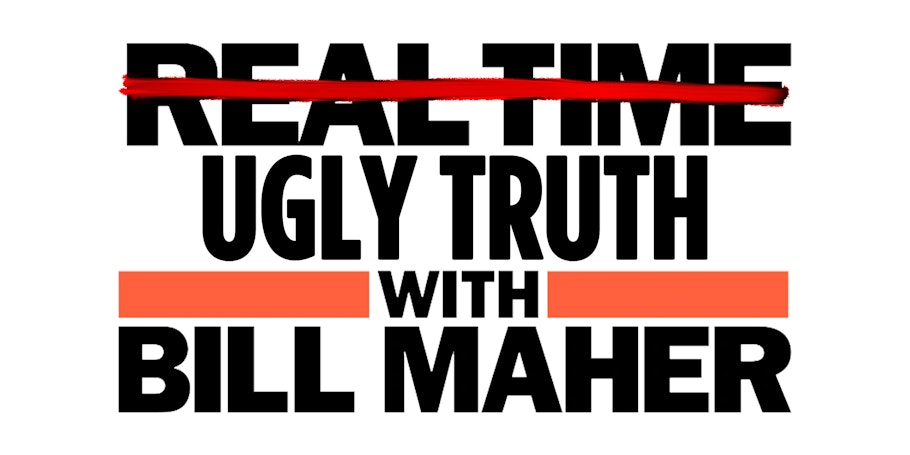Msgr. Charles Pope: Is the Modern Interpretation of the Book of Revelation Flawed? A Consideration of a Different View
November 29, 2018Terrence P. Jeffrey: Build a Moral Wall — and Gate
November 29, 2018
By Sam Angell, American Conservative, November 28, 2018
In the famous radio show, book, and film The Hitchhiker’s Guide to the Galaxy by English author Douglas Adams, there features a weapon called the point of view gun. When fired, it causes its target to see the world from the point of view of its holder. It enables even your worst enemy to view the world exactly as you do, feeling your emotions, adopting your thoughts, and embracing your intuitions. It’s the ultimate weapon for diffusing confrontation.
Unfortunately, such a device does not exist and probably never will. But certainly our politics would be much better if we were able to understand each other perfectly all of the time. Our views would be more changeable, our debates less hostile, our candidates more earnest. Our current unwillingness to put ourselves in each other’s shoes might insulate us from the discomfort of cognitive dissonance but it inhibits our ability to communicate honestly with one another on issues that matter.
So while the point of view gun may not be real, we should look to imitate its powers when we carry on conversations. Differences in opinion are not nearly as destructive when one understands where the disagreement lies and why it exists. But this, of course, takes time and often a great degree of patience. After all, political views are not standalone beliefs, existing in isolation.
The recurring discussions that dominate mainstream politics are by no means new. They find their roots in political philosophy, a discipline that in turn springs from ethics and moral philosophy. This can be hard to believe when we consider how thoughtless our political debates have become but even buzz lines like “we should lower taxes” must emerge from an intricate web of moral principles. Whether their proponents are aware of it or not, all well thought out policy ideas are grounded in basic axioms from which subsequent principles can then be derived. Like the floors on a skyscraper, they build on one another until eventually policy is formed at the top.
To take a basic example, the close relationship between mainstream conservative thought and Christianity is not a product of sheer happenstance. Conservative principles are grounded in a distinctly Judeo-Christian ethic expressed by single verse in the Bible, “So God created mankind in his own image, in the image of God he created them; male and female he created them” (Genesis 1:27). The idea that we are created in the image of God accounts for the intrinsic value of the individual. It grounds that value in the first principle of a theistic creation.
Out of that philosophical groundwork came the United States’ founding document. Keeping the sanctity of the individual at its core, the enduring words were written: “We hold these truths to be self-evident, that all men are created equal, that they are endowed by their Creator with certain unalienable Rights, that among these are Life, Liberty and the pursuit of Happiness.”
You can trace the propositions building on each other through each utterance of that sentence, from creation to the intrinsic value of man to the freedom of each individual. It’s just such a chain of principles that underpins mainstream conservatism, irrespective of whether one agrees with its policy prescriptions. One can’t understand modern conservative principles without understanding the intrinsic value they place on the individual. Further still, it’s hard to account for the intrinsic value of the individual without grounding it in a Judeo-Christian ethic. These antecedent beliefs, the middle levels of your skyscraper, are no less worthy of examination than the policy that resides at the top. Indeed, if one wishes to truly understand his political opponents, these floors are actually more worthy of examination than the policy.
By grasping the moral and intellectual rules that guide each other’s thinking, we can learn not only the reasoning behind one specific position but many. To return to the skyscraper analogy, it allows us to identify the floor on which our disagreement lies and how said disagreement accounts for differences in policy. It even enables us to approximate what each other’s views on new issues will be.
Too much time in modern politics is spent speaking from the top floor, even though in doing so we omit 90 percent of what intellectually goes into our ideas. No wonder we have trouble fully understanding each other! It is for this reason that arguments fail to establish a coherent point of contact and interlocutors a mutual understanding. Instead we talk past one another in perpetuity.
A fitting example of this is the age-old question of abortion in the United States, an excellent case study in the failure of human understanding. In the abortion debate, there has always been and remains a fundamental asymmetry in how each side is arguing. From the pro-choice side, we predominantly have arguments that originate in ideas of bodily autonomy. From the pro-life side, we have arguments derived from the sanctity of human life.
Neither side disagrees with the other in principle, only on presupposition. Pro-lifers believe an unborn fetus constitutes a human life. Pro-choicers do not. The outcome of this antecedent claim determines whose argument functions and whose does not. They need only take one step back, or go a few floors down, to recognize that their disagreement is really about when human life begins. But no. Blinded by their animosity for the other side, they instead serve up senseless caricatures about how conservatives wish to “control women’s bodies” or liberals want to “murder babies.”
Both accusations are absurd and yet the miscommunication at their core demonstrates what’s wrong with our politics at large. By all accounts, we are failing to understand each other and communicate effectively. Moreover, the longer we neglect this failure, the more hostile our politics will become. Cynical accusations of wicked motives dominate our political climate. It’s a testament to our inability to understand each other that so many now believe that the most likely explanation for political differences is malice.
The beliefs and policies that divide us can only be fully understood with reference to the worldviews that birthed them. An understanding of each other’s politics from the basis of first principles facilitates this understanding. It allows us to inhabit each other’s moral consciences and see more clearly beliefs different from our own. It’s the closest we’ve got to a Point of View Gun.
It is only in the absence of such an understanding that we resort to smears. Only when we find each other truly incomprehensible does malevolence appear to be the most likely explanation for our differences. In a time of grave political division, it’s bewildering that some seem to believe our problems can be solved by doubling down on the very attitudes that created this climate. What we need is understanding, patience, and a new holistic way of doing politics from the ground up.
Sam Angell is an undergraduate student at the University of Edinburgh, currently studying economic history.
Talking About First Principles Can Save Our Politics






